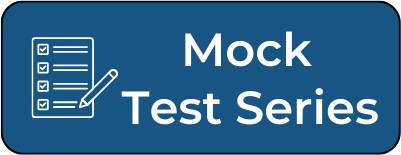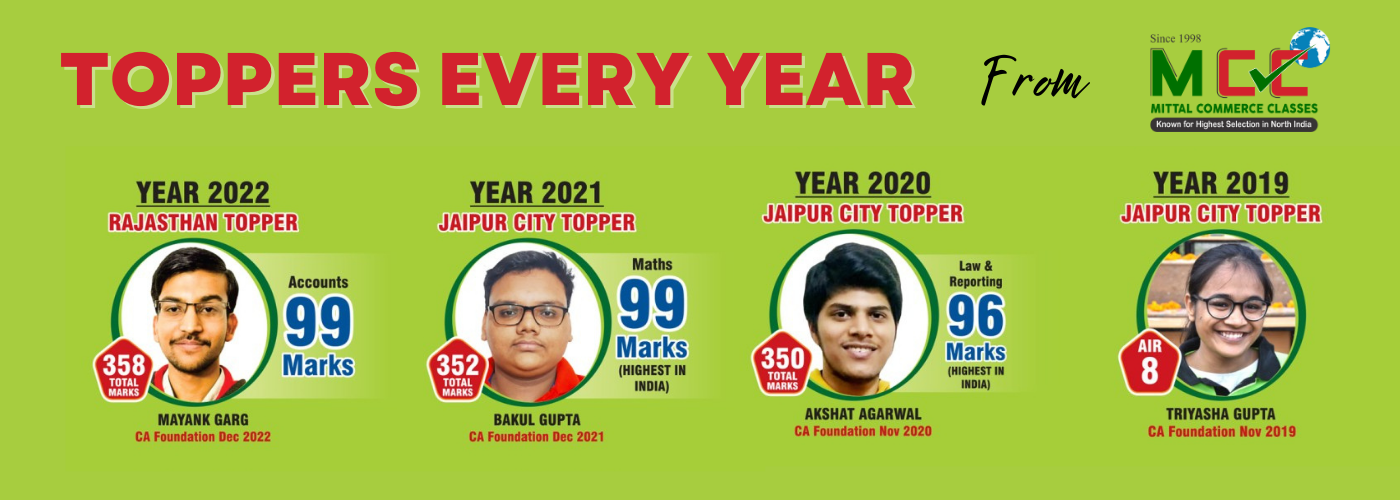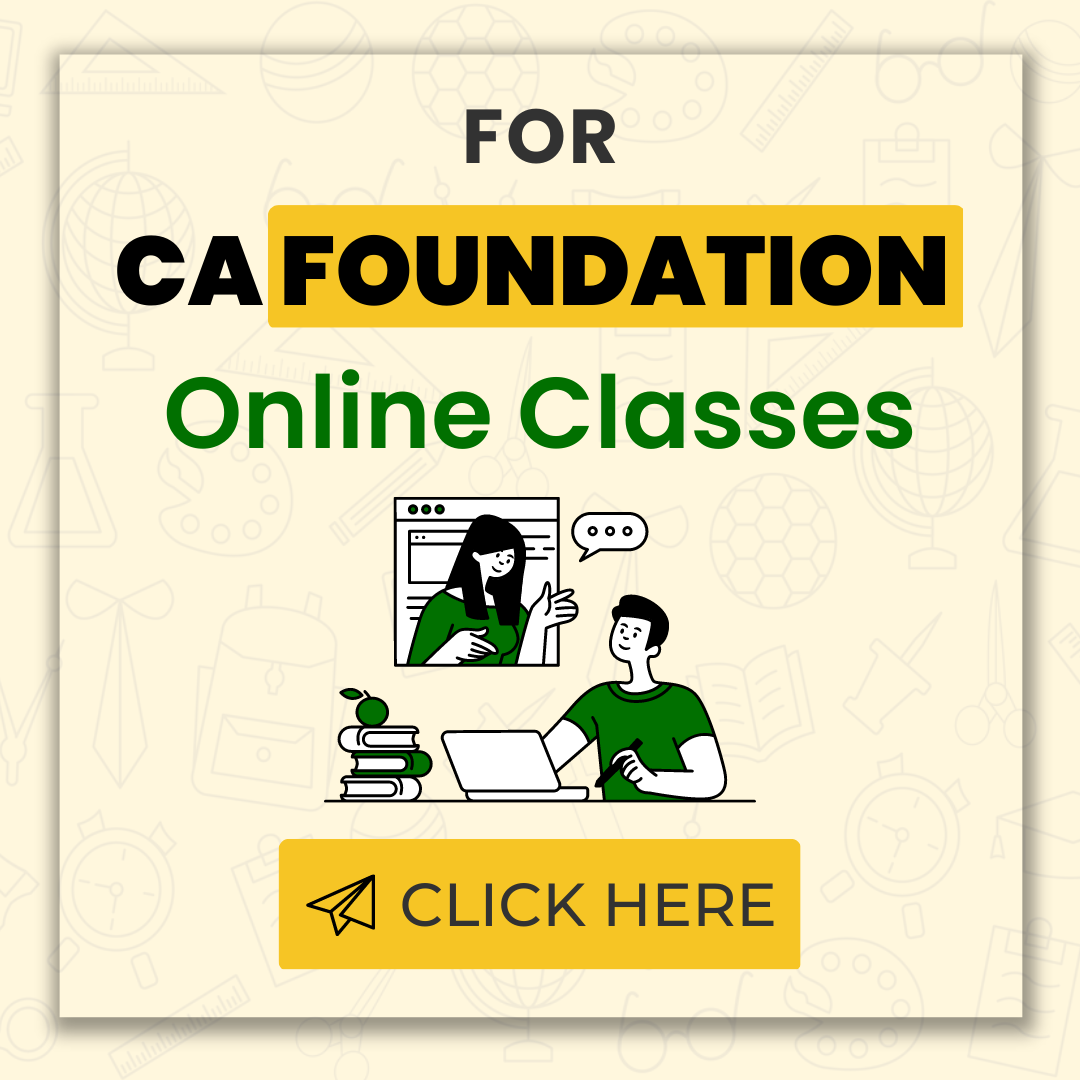Embarking on a journey to become a Chartered Accountant (CA) is an exciting endeavor for anyone interested in a prestigious and rewarding career in accounting. This career path not only offers a stable financial future but also provides the opportunity to work in various industries and play a significant role in financial decision-making processes. Whether you are just starting out your educational journey or looking to switch careers, grasping the essentials of becoming a CA is your first step toward success. In this blog, we’ll walk you through the complete process, from education to certification, ensuring you have a clear roadmap to achieve your professional goals.
Academic Qualifications for Becoming a CA
Getting on the path to becoming a Chartered Accountant starts with a focused education plan. Here are the essential academic steps you need to consider.
High School Diploma or Equivalent
Achieving a high school diploma or an equivalent qualification is the first academic step towards becoming a Chartered Accountant. During your high school years, emphasize strengthening your foundation in mathematics and English. Taking courses in economics, business studies, and accounting (if available) can provide an early insight into the field and set you up for future success. Apart from academics, developing strong analytical and problem-solving skills during this time will serve you well in a career in accounting.
Bachelor’s Degree in Accounting or Related Field
After securing a high school diploma, aspiring CAs should pursue a bachelor’s degree in accounting, finance, or a related field. This undergraduate program will cover critical topics such as financial accounting, managerial accounting, taxation, and auditing. Some universities may also offer specific courses focused on business law and ethics, which are increasingly significant in the accounting profession.
A degree in accounting not only deepens your understanding of core financial principles but also equips you with the practical skills necessary for the complexities of global business environments. Remember, while a particular major in accounting is beneficial, some recognized CA programs accept degrees in related fields, provided you have taken a sufficient number of accounting-specific courses.
Professional Certifications Required
Besides academic qualifications, there are a few more steep steps to climb on the professional certification ladder to become a Chartered Accountant.
Enrolling in a Recognized CA Program
To officially begin your journey towards becoming a CA, you need to enroll in a recognized Chartered Accountancy program. These programs are typically offered by national accounting bodies and require you to pass rigorous entry examinations or maintain a certain GPA from your undergraduate studies
Once admitted, you’ll embark on a curriculum that not only provides further depth in accounting but also covers strategic management and professional ethics. The exact requirements can vary significantly between different countries and institutes, so it’s essential to research and understand the specifics of the program you are interested in.
Completing Required Training Hours
In addition to academic and examination requirements, all prospective CAs must complete a set number of training hours under the supervision of a qualified Chartered Accountant. This is often referred to as practical experience or articleship.
The duration and specific requirements of these training hours can vary, but they typically span three years. During this period, you will gain hands-on experience in various accounting, auditing, and financial tasks, all of which are crucial for your professional development.
This exposure to real-world scenarios helps in fostering decision-making skills and ethical judgement that are vital for a successful career in accounting.
Becoming a CA is undoubtedly a demanding journey, but with the right academic qualifications and professional training, it is also immensely rewarding. By following these structured steps, you can prepare yourself to be a competent and ethical accounting professional, ready to take on the financial challenges of the modern world.
Exams and Licensing Process
Overview of the CA Exam Structure
The path to becoming a Chartered Accountant (CA) involves passing a series of rigorous exams, which are essential to demonstrate your proficiency in various accounting disciplines. The exact structure of these exams can vary by country, but they generally include several levels of assessment, starting with foundational courses, moving on to intermediate subjects, and culminating in a final level which often includes complex case studies and theoretical application. These exams cover a broad range of topics, from financial accounting and reporting to strategic financial management and professional ethics. Each level must be completed to advance to the next, with a certain percentage required to pass each exam.
Steps to Obtain CA License
Once you pass all the required exams, the next step is to obtain your official CA license. Here’s a general breakdown of the steps involved:
– Complete the Required Education: Ensure you have completed the education prerequisites as outlined by the governing accounting body in your country.
– Successfully Pass All CA Exams: As discussed earlier, clearing all levels of CA exams is crucial.
– Accumulate Supervised Practical Experience: This usually involves a certain number of years working under a qualified CA to gain practical experience in accounting, auditing, and finance.
– Apply for Membership with the Accounting Body: You will need to submit an application and possibly undergo an interview process.
– Ongoing Professional Development: After obtaining your CA license, continuous professional education is necessary to maintain it, including attending workshops, seminars, and other training sessions to stay current with the changing financial laws and regulations.
Gaining Practical Experience
Internships and Entry-level Positions
Gaining practical experience is a critical step in your journey to become a Chartered Accountant. Many students start with internships or entry-level positions in accounting firms, financial institutions, or corporate finance departments. These initial experiences provide a platform to apply theoretical knowledge in real-world scenarios, understanding the workflow and day-to-day operations of accounting. Moreover, internships often offer the added perk of networking opportunities, allowing you to connect with professionals in the industry who can provide guidance and potentially influence your career progression.
Building Skills and Expertise
As you continue to work in various accounting roles, focus on building a diverse set of skills and expertise. Here are some vital areas to consider:
– Technical Skills: Deepen your understanding of financial reporting systems, tax laws, and audit procedures.
– Analytical Abilities: Enhance your capacity to analyze financial data and provide insights that help in strategic decision-making.
– Soft Skills: Develop strong communication and interpersonal skills, as these are crucial when it comes to explaining complex financial information to clients and colleagues.
– Specialization: Consider specializing in a specific area of accounting, such as forensic accounting or corporate finance, as this can increase your marketability and potential for career advancement.
By strategically navigating both the examination and practical experience phases of your journey, you can effectively build the foundation needed for a successful career as a Chartered Accountant.
Specializations and Continuing Education
The world of accounting offers several paths and specializations, empowering Chartered Accountants (CAs) to tailor their careers according to their interests and the needs of the market. Once you’ve gained your initial certification, specializing can differentiate you from your peers and increase your marketability.
Areas of Specialization for CAs
Chartered Accountants can boost their expertise and career profile by choosing to specialize in various areas such as:
– Audit and Assurance: Focus on reviewing company accounts to ensure the validity and legality of their financial records.
– Taxation: Specialize in advising and planning around tax laws, helping businesses and individuals comply and save money.
– Forensic Accounting: Unravel financial puzzles in investigations, often related to cases of fraud, legal disputes, or insurance claims.
– Management Accounting: Combine accounting, management, and finance to strategize on company financing, investments, and structure.
– Financial Advisory: Guide businesses on acquisitions, mergers, and other financial transactions.
Each of these tracks offers unique challenges and opportunities, enriching your professional life and providing clear pathways for advancement.
Importance of Continued Learning and Development
Continuing professional development (CPD) is crucial in the accounting world. The landscape of financial regulations, technologies, and methodologies is constantly evolving, and staying updated is essential. Continuous learning ensures compliance with industry standards and maintains professional competence. Most professional accounting bodies require members to complete a certain number of CPD hours yearly. Engaging in workshops, seminars, additional certifications, and regular training can keep your knowledge base robust and relevant.











